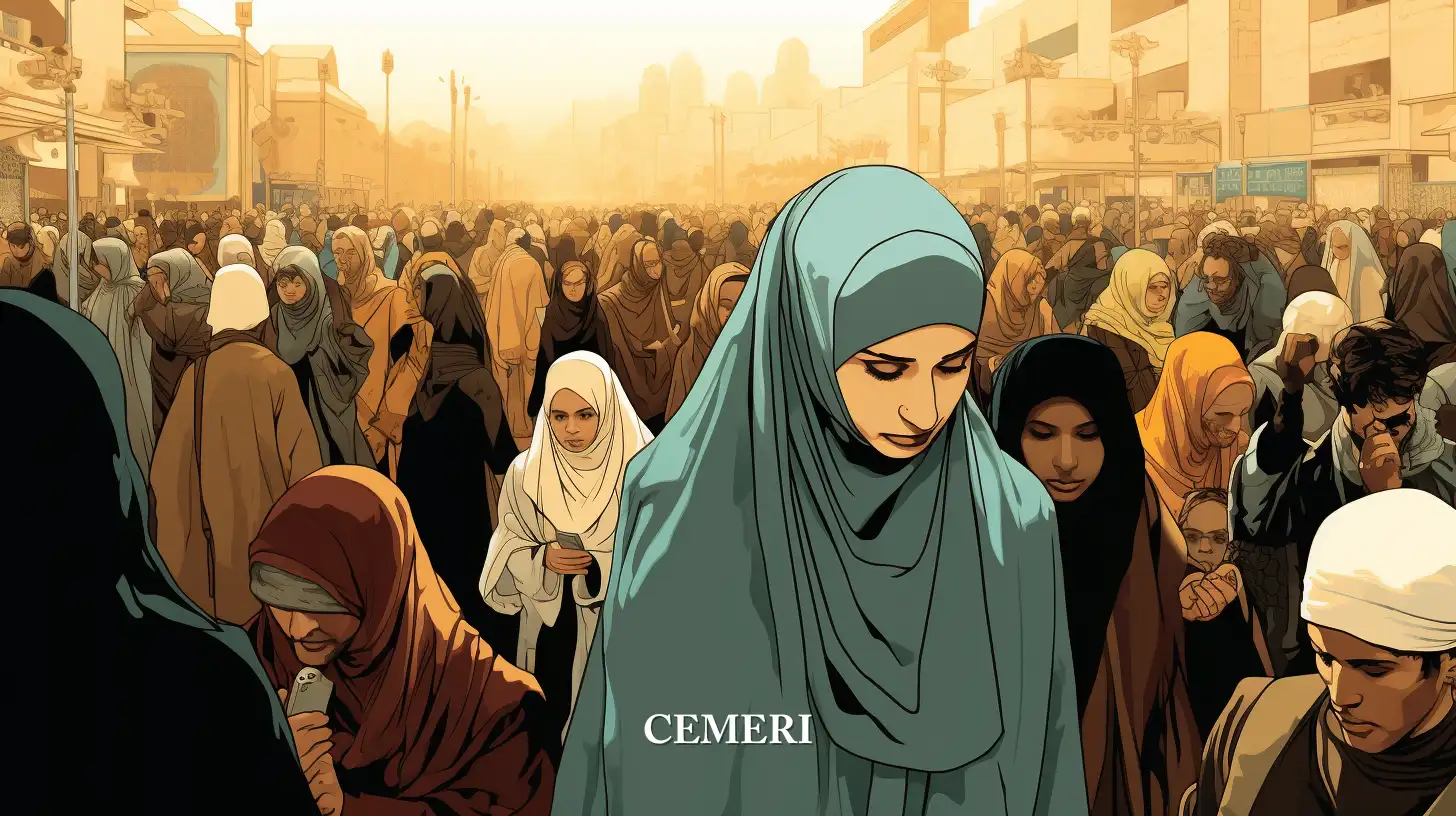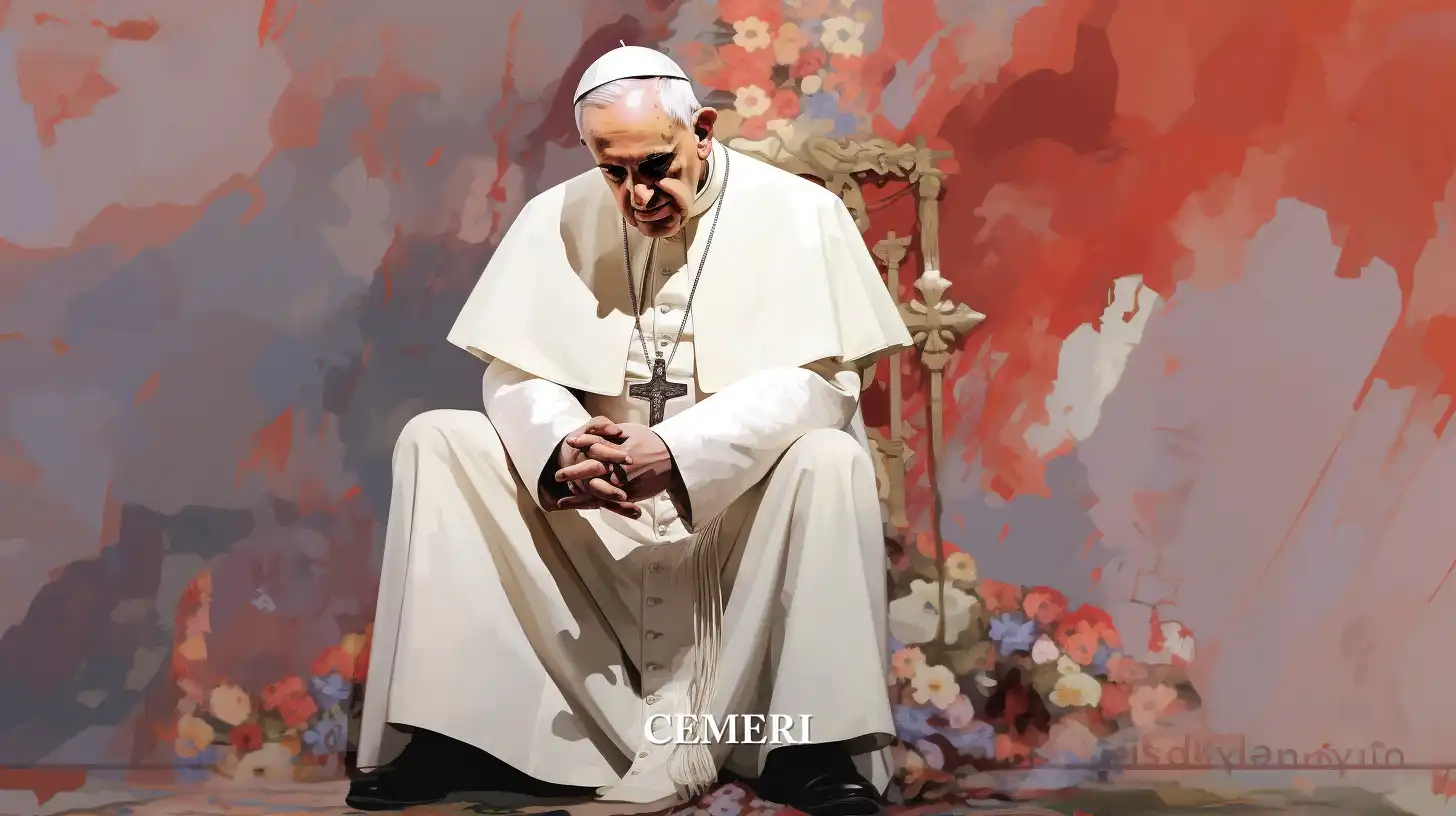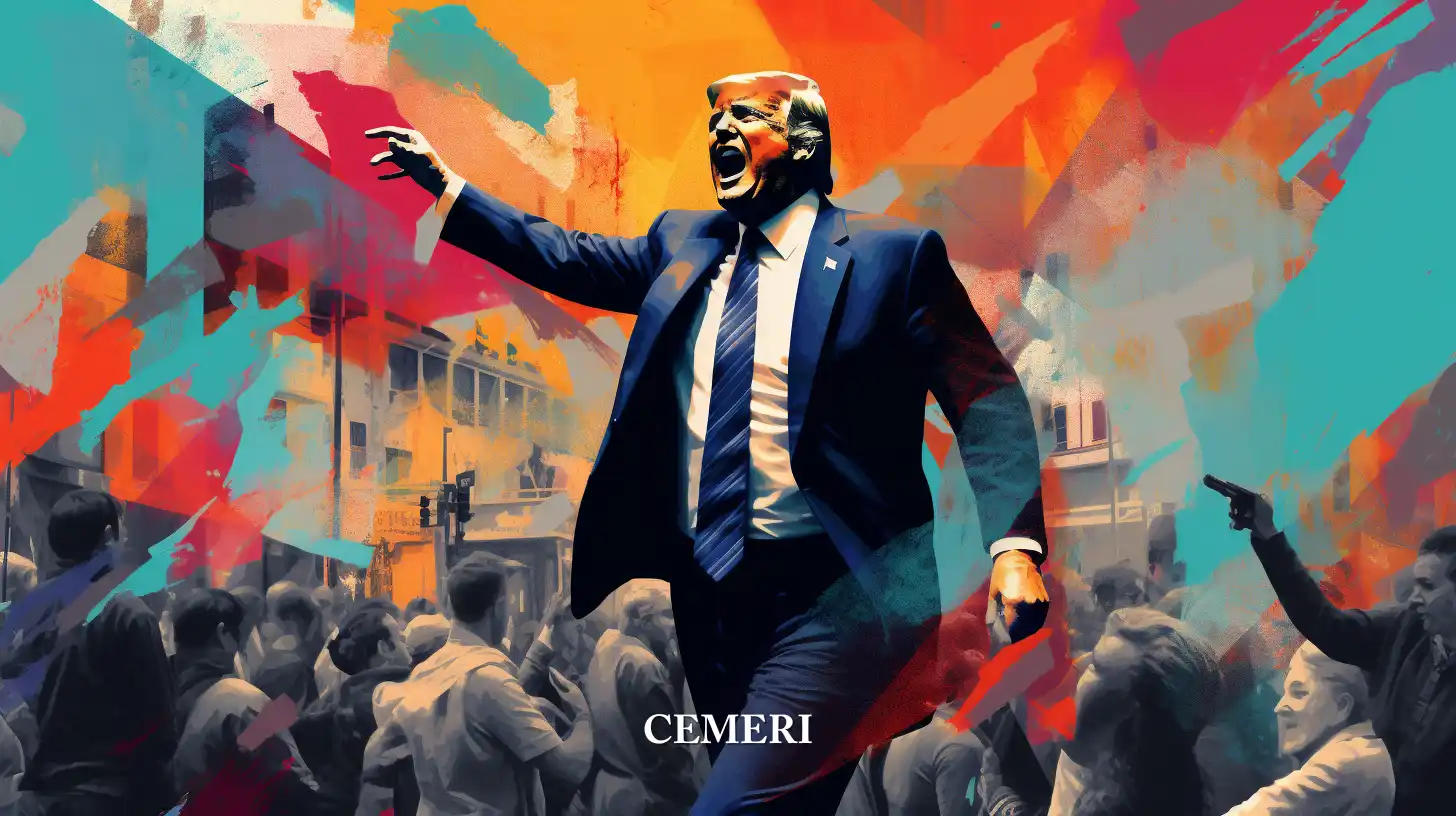Opinion
Oween Barranzuela
Islamic world: beyond stigma
- Muslims are not those stigmatizations that have attached themselves to collective thinking for decades.

The ninth month of the Islamic calendar began on April 13. About 25% of the world population participates in the holy month of Ramadan; Muslims in every corner of the world fast from the first light of dawn until the dead of night, when the fast is 'broken' just at the moment of hearing the call to prayer (adhan in Arabic; ezan in Turkish). .
This year is different, the 'iftar' (night meal) and the 'sahur' (dawn meal) are received in a world facing the COVİD-19 pandemic. Gone are those years where you used to see the streets full of celebrations every night, (almost) daily meetings with family members and visits to the mosques to pray. For the moment those traditions have remained in the memory, there is still a virus that threatens to stay for a long time. However, the virus is not the only threat facing the Muslim world.
When the United States decided to attack Iraq, after the September 11 attacks, it not only started a period of chaos for most of the countries in that region, but also marked a before and after in how Muslim identity would be seen before the eyes. of the world. It is clear that the United States and the other European powers sought to establish themselves as leaders of democracy and international heroes, relegating Muslims to a group of religious fanatics, radical terrorists who urgently needed Western civilization. And in the end they achieved their goal.
I remember when Daesh reached its peak in 2015, the bombardment of news about the events in Iraq and Syria generated in me curiosity, and at the same time fear. This point is important, How decisive can the media be in shaping how we see Islam?. Television and social networks are the perfect platforms for the expansion of Islamophobia today. Undoubtedly its power to influence is great, but in the end the way we see Muslims depends first on our interest, and second on the degree of tolerance towards people who believe and have a different way of life.
The Islamic world goes beyond what we think we know, Muslims are not those stigmatizations that have attached themselves to collective thinking for decades. Those prejudices and ignorance show up in erroneous generalizations; not surprising (but unfortunate), when Arabs are mistaken for purely Muslims when ironically close to 80% of the Muslim population is non-Arabs: For example, Indonesia, located in Asia, is the country with more Muslim believers in the world. In Lebanon, Iraq and Egypt, mainly Arab countries, the plurality of religions can be appreciated, thus allowing one to speak of Christian Arabs coexisting with Muslim Arabs. Likewise, Iran is very often confused as an Arab country, perhaps largely because of its geographical proximity or perhaps because of the bad habit that exists in society of 'labeling' the other. The Islamic Republic of Iran is not Arab, in fact, it has many more cultural and linguistic similarities with Afghanistan or Tajikistan than with Arab countries.
Within the previous examples I would like to emphasize an interesting element, little known and misrepresented by terrorist groups: the rich religious coexistence in Muslim countries. Daesh showed no mercy towards non-Muslims, even using the holy Quran to legitimize his actions on the very land that has housed Christians, Muslims and Jews for centuries.
Although it may seem incredible to many unbelievers in the Islamic world, peaceful coexistence among the Abrahamic religions has been possible under Islam. Lebanon is a particular case, according to its constitution the president must be elected from among the Maronite Christians, the prime minister from the Sunni Muslims and the president of the Assembly from the Shiite Muslims.
The coexistence between Muslims and non-Muslims in the Islamic world has been taken into account by Turkey when the events of 1915 are attributed to it by Armenia. For Türkiye during the Ottoman times, the Ottoman rulers were tolerant of other religions. Non-Muslims were categorized in the system called 'Millet' (Turkish for nation), where they enjoyed rights and could exercise limited power; thus, Turks, Armenians, Greeks and Kurds lived together for more than 600 years. Until today, various minorities can be found throughout the Turkish territory. Based on my personal experience, during my visits to Turkish cities such as Istanbul, Mardin and Urfa I have witnessed the unique religious mosaic of which little is known. Yazidi Kurds, Assyrian Christians, Sephardic Jews, living in a predominantly Muslim society. The heiress to the Ottoman Empire currently maintains a more active role in defending Muslim identity, with the coming to power of the conservative Justice and Development party (AKP for its acronym in Turkish) she has once again looked at her Muslim neighbors in her search to consolidate itself as a regional leader.
Ramadan is also welcomed by the Uyghurs in China, a Muslim minority that continues to be systematically repressed by the Chinese government. The Uyghurs are a people of Turkic origin who live in the Sinkinag Autonomous Region and who have been the center of attention in recent years due to the severe living conditions to which they are subjected. The existence of "re-education" camps has been verified where members of this minority are detained to supposedly take a vocational program and thus be able to "combat their extremist thoughts and terrorism."
The debate generated by the Uygur problem has revealed the inefficient organization and integration in the Islamic world. The West has raised its voice in the face of this clear abuse by China, for example, the United States has accused China of perpetrating genocide against the Uygurs. The European Union has also put the Uyghurs on its agenda, imposing sanctions on Chinese officials and agencies for violating the human rights of the minority. And where are the leaders of the Muslim states? Dumbed down.
One of the worst crimes of the 21st century is taking place right at this moment and the great absentee in this fight against China is the Islamic world itself. The states that called for Islamic solidarity and union continue to be conspicuous by their absence and it seems that they will continue that way.
Despite the discourses that call for union and alliance in the Islamic world, true strategic cooperation has not been possible until now. This results in the community's voice not being heard, that is, they lack internationally influential.
Islamophobia continues to feed on stigma and prejudice towards Islam. In every terrorist attack that occurs in a Western country, the target will always be a Muslim. To prevent this from continuing to be normalized, it is necessary to strengthen communication bridges already built between the West and the Islamic world. And, on the other hand, I consider it urgently necessary to reconsider the true interests of Muslim alliances in the world: prioritize the defense of Muslim identity or continue putting economic interests before China as they are doing.

